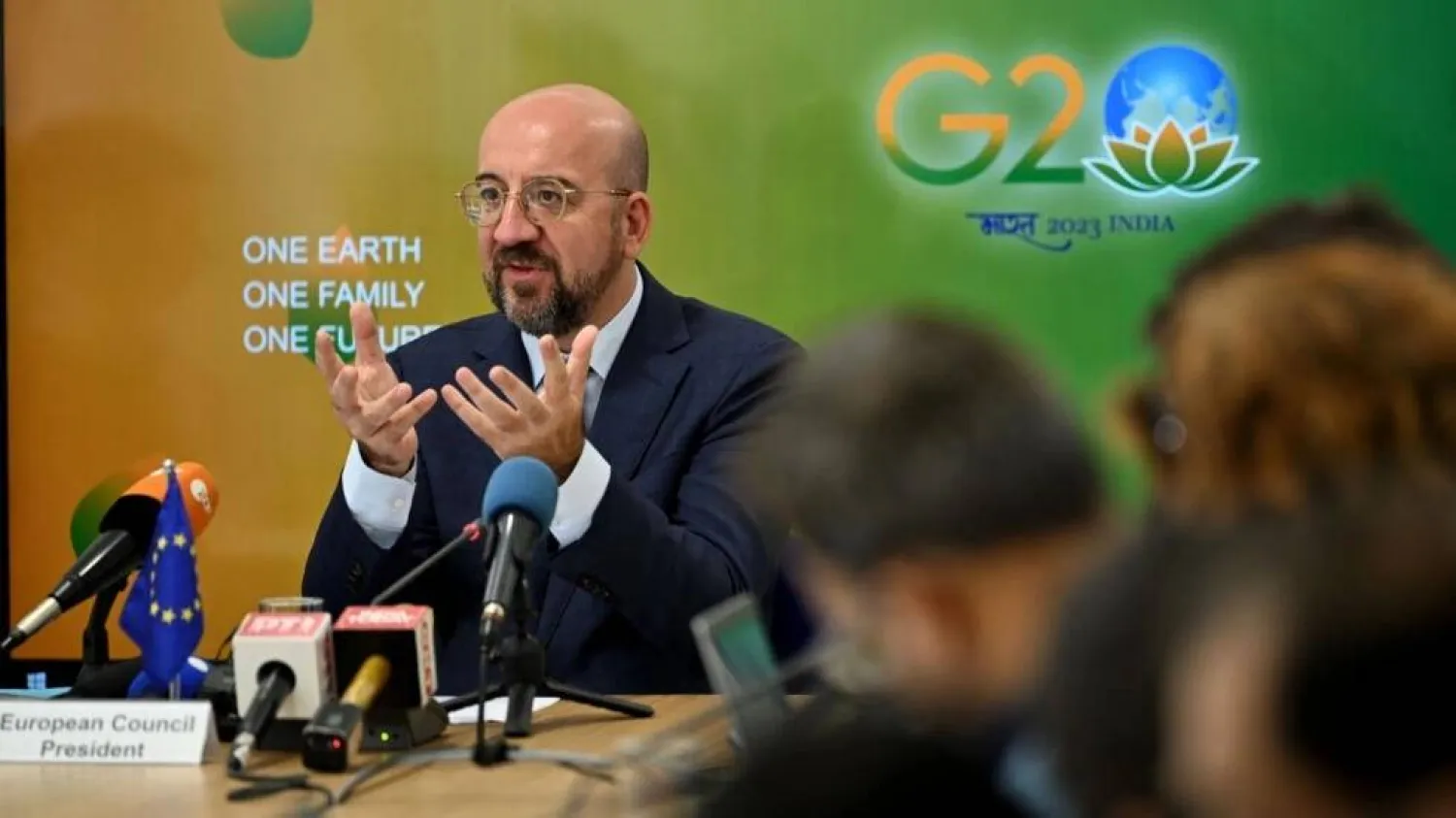Russia "must stop" its blockade of Ukrainian seaports after pulling out of a United Nations and Turkey-mediated deal to ensure grain shipments, European Council president Charles Michel said Friday.
"It's frankly scandalous that Russia, after having terminated the Black Sea grain initiative, is blocking and attacking Ukrainian ports. This must stop," Michel told reporters in India's capital New Delhi ahead of a G20 summit.
Russia pulled out of the grain agreement in July after claiming that it had failed to fulfil the goal of relieving hunger in Africa, said AFP.
Tensions have built in the region since, with Russia mounting attacks on Ukrainian export hubs and Kyiv's forces targeting Moscow's naval ports and warships.
The Kremlin has since asked Turkey to help Russia export its grain to African countries without any involvement from Ukraine.
President Vladimir Putin said Monday that Moscow is just weeks away from supplying free grain to six African countries.
"The Kremlin's offer of one million tons of grain to Africa is absolutely cynical," Michel said.
"Ships with grains need to have safe access to the Black Sea," he said, noting that the UN initiative had initially delivered 32 million tons to the market, "especially to developing countries".
Ukraine and Russia are major exporters of grain and seed oil.
Last year's grain agreement helped push down global food prices and provide Ukraine with an important source of revenue to fight the war.
Russia has stepped up attacks on Ukraine's shipping infrastructure.
"Over 250 million people face acute food insecurity worldwide, and by deliberately attacking Ukraine's seaports, the Kremlin is depriving them of the food they desperately need," Michel added.
'Diplomatic exile'
Putin is not attending -- or even planning to make a video address at -- the G20 in India, with relations between Moscow and many members of the bloc fraught over the war in Ukraine.
Foreign Minister Sergei Lavrov will take Putin's place at the summit this weekend.
British Prime Minister Rishi Sunak, in a statement released ahead of his travel to India for the meeting, condemned Putin's actions in Ukraine and said London would hold a summit in November focused on food security and malnutrition.
"Once again, Vladimir Putin is failing to show his face at the G20. He is the architect of his own diplomatic exile, isolating himself in his presidential palace and blocking out criticism and reality", Sunak said.
"The rest of the G20, meanwhile, are demonstrating that we will turn up and work together to pick up the pieces of Putin's destruction," he added.
"That starts with dealing with the terrible global consequences of Putin's stranglehold over the most fundamental resources, including his blockade of and attacks on Ukrainian grain."









